Desalination on the Algarve coast will be studied in the coming years by the company Águas do Algarve, which this Wednesday renewed the concession contract with the State, for the supply of water in the region, until 2048.
João Pedro Matos Fernandes, minister of the Environment and Energy Transition, told journalists that this is an issue that «needs a “bath” of technical study. In the context of the “renewed” Águas do Algarve, this possibility will be studied, both from a technical point of view and from the point of view of the economic-financial equation».
In the concession contract signed today by Joaquim Peres, president of Águas do Algarve, and by João Pedro Matos Fernandes, an investment of 300 million euros is foreseen for the next 30 years, an amount that does not include the possible construction of a desalination plant. “It is not foreseen in that amount. These 300 million euros are for the construction in need of water treatment and supply structures and for the renovation of existing infrastructure. We are going to study and understand how we can finance the construction of the desalination plant», said the governor.
Although there are those who defend the construction of equipment of this kind to supply water for irrigation, Matos Fernandes does not consider this solution viable, taking into account the costs of desalination.
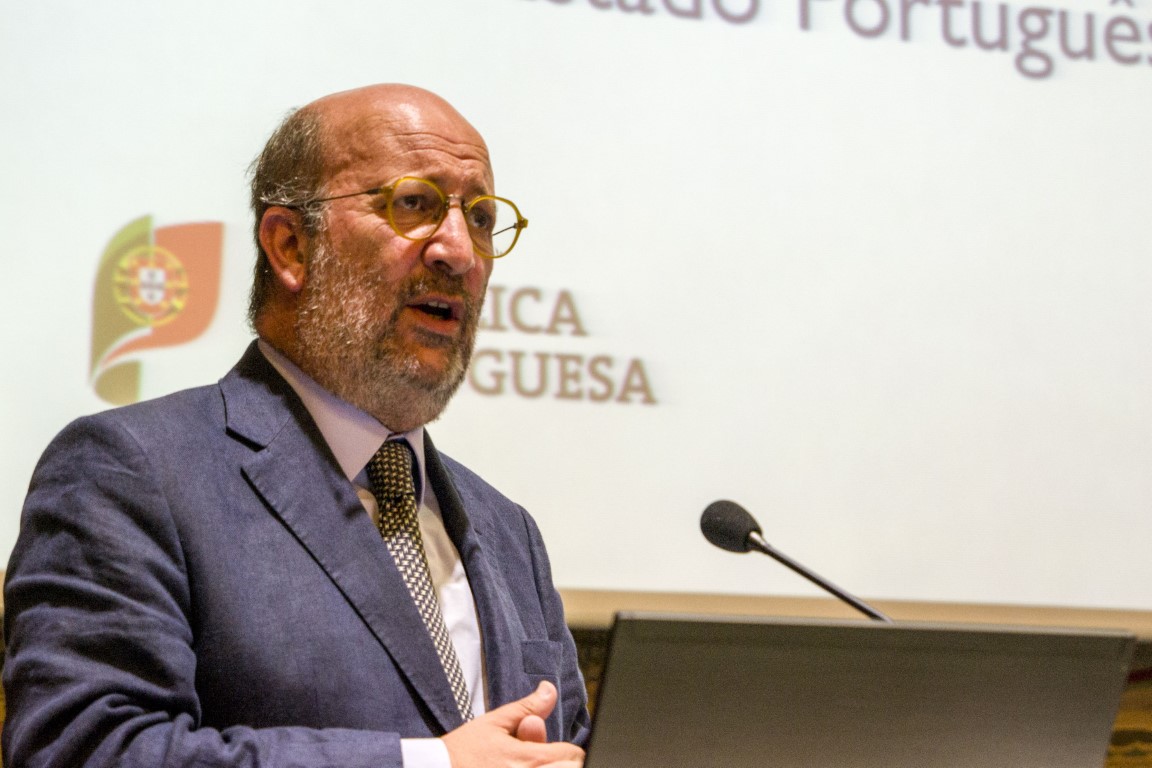
“Desalination is a proven technical solution that consumes a lot of energy and produces raw water more expensive than other solutions such as dams. In Portugal, from a technical point of view, there are only two territories where desalination plants can exist: in the large estuaries and in the sea in the Algarve. Often, desalination plants are claimed for agricultural use, but then there is no way to close the economic-financial equation [due to the costs]. At Alqueva, water is sold at 3 cents per cubic meter. However, in desalination, I don't know of any solution that makes the price less than 30 cents per cubic meter», explained the government official.
For human consumption, this is a “plug-in” solution. What we pay in the first step, on the invoice, depending on the land, is around 80 cents per cubic meter. A value of this type, to supply populations, is rational from an economic and financial point of view and will not lead to an increase in the price of water».
The non-increase in the water bill to be paid by the population was, in fact, one of the essential issues of the new contract signed between the State and Águas do Algarve. In the agreement reached, for which the municipalities were heard, this was one of the conditions defended by the mayors.
«At the first meeting at AMAL [Comunidade Intermunicipal do Algarve], no one questioned the extension of the contract, we all had the desire to keep the concession contract in place with Águas do Algarve, even without knowing the amount of the amortization and the planned investments. The second idea that was established was that we wanted price stability. We did not accept the increase in the tariff” in addition to inflation, said Jorge Botelho.
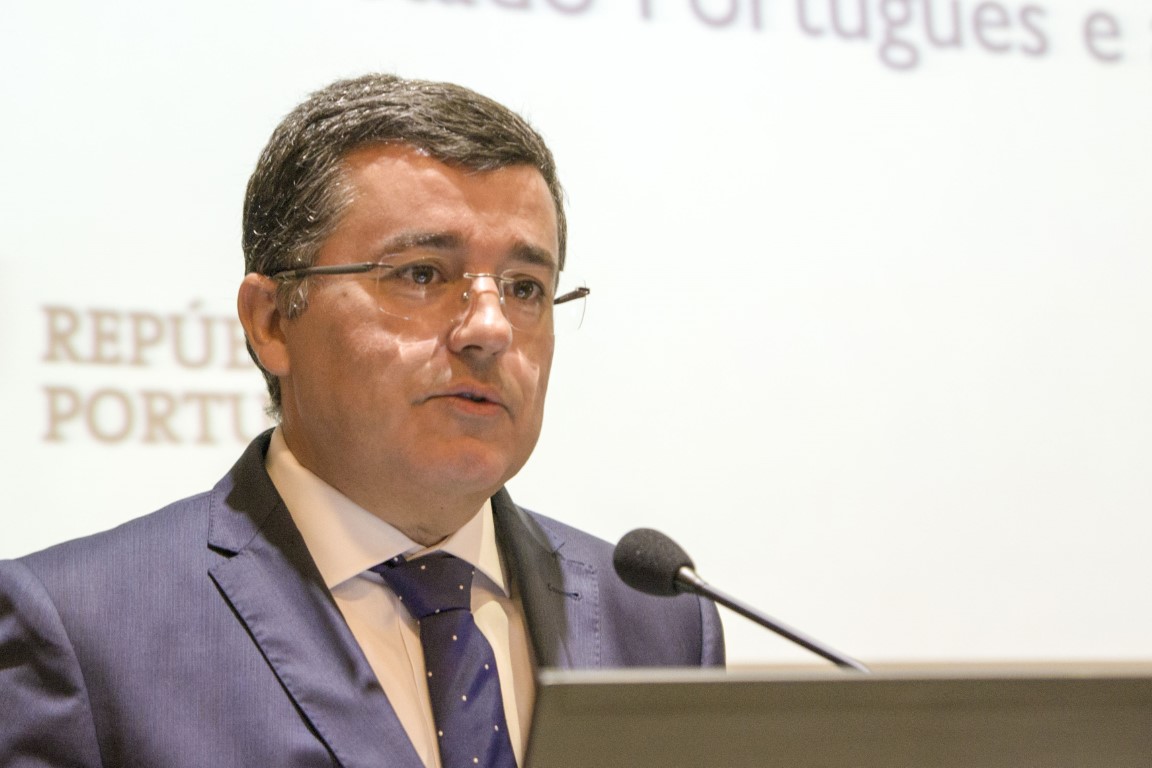
With the contract signed today, the tariffs to be paid by the Municipalities to the company Águas do Algarve, until 2048, are thus guaranteed.
Both João Nuno Mendes, president of the Águas de Portugal group, and Joaquim Peres, president of Águas do Algarve, defined this day as "historic" for the Algarve.
“It is a fundamental step. It is the guarantee that what happened in the 80s, when we turned on the tap without knowing what came out of it, is over. This is unthinkable across the region. When we consume this water, it is an excellent product», guaranteed Joaquim Peres.
The president of Águas do Algarve defined two challenges to be overcome in the coming years. The first has to do with “the reuse of water” treated in WWTPs. “How many hectometers are used to wash streets, containers, water green spaces? Using the water from the WWTPs for these purposes will be the next challenge».
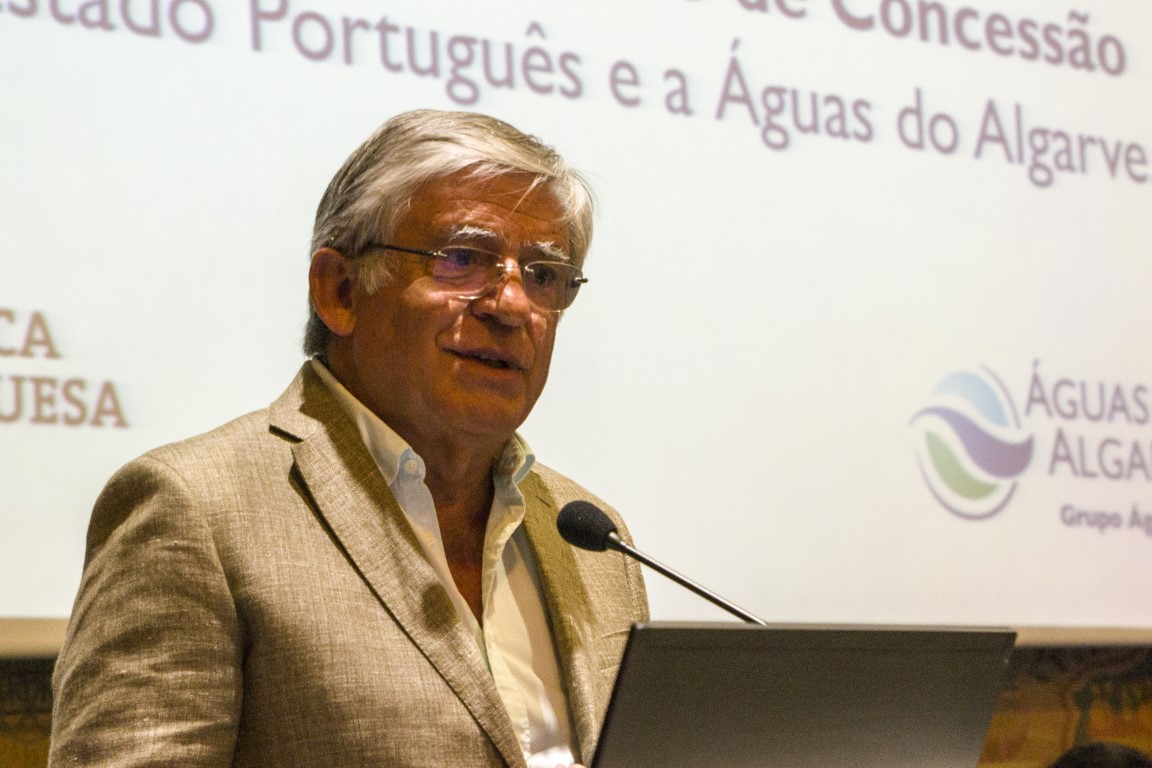
The other objective is to “use the sludges. Here for the region it is essential. We must not forget that we have some areas with extremely arid soil. And we have to see if we have the capacity to make that product, which is an excess, something that can be applied, in order to take advantage of it».
The reuse of treated water was also advocated by Matos Fernandes who, in his speech, argued that “treated sewage is water. Which can be used for watering, for example». In addition, «the reuse of wastewater can inject 20% more water into its urban cycle and the Algarve is in a privileged position, as the Companheira and WWTPs were inaugurated. Faro-Olhão, who are prepared for this. It is essential to reduce the use of drinking water for irrigation purposes and to use treated sewage», concluded the minister.
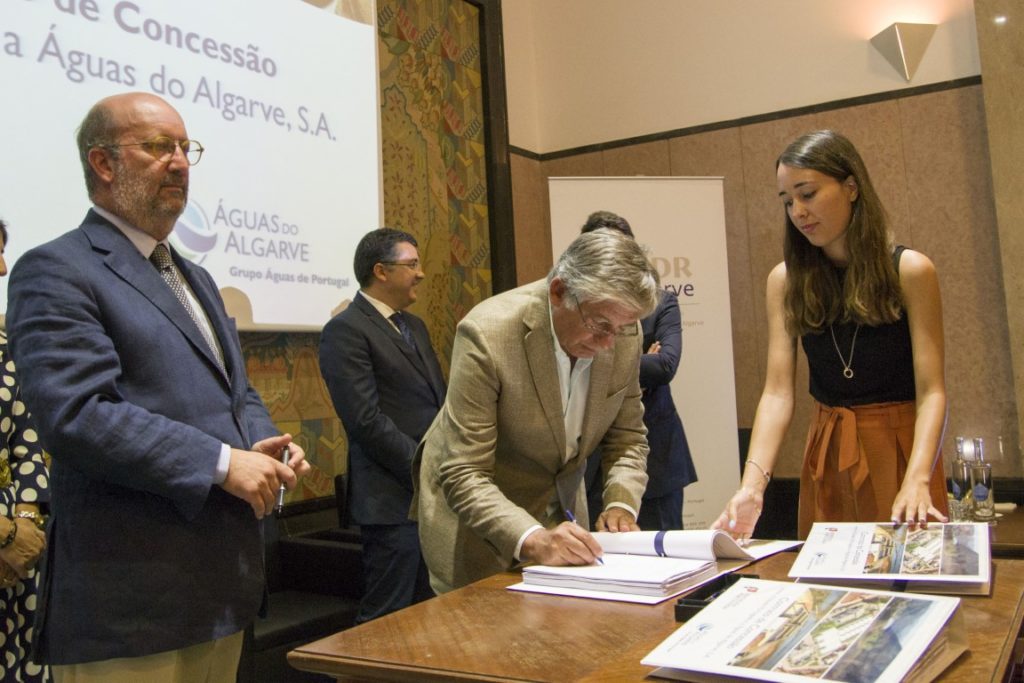
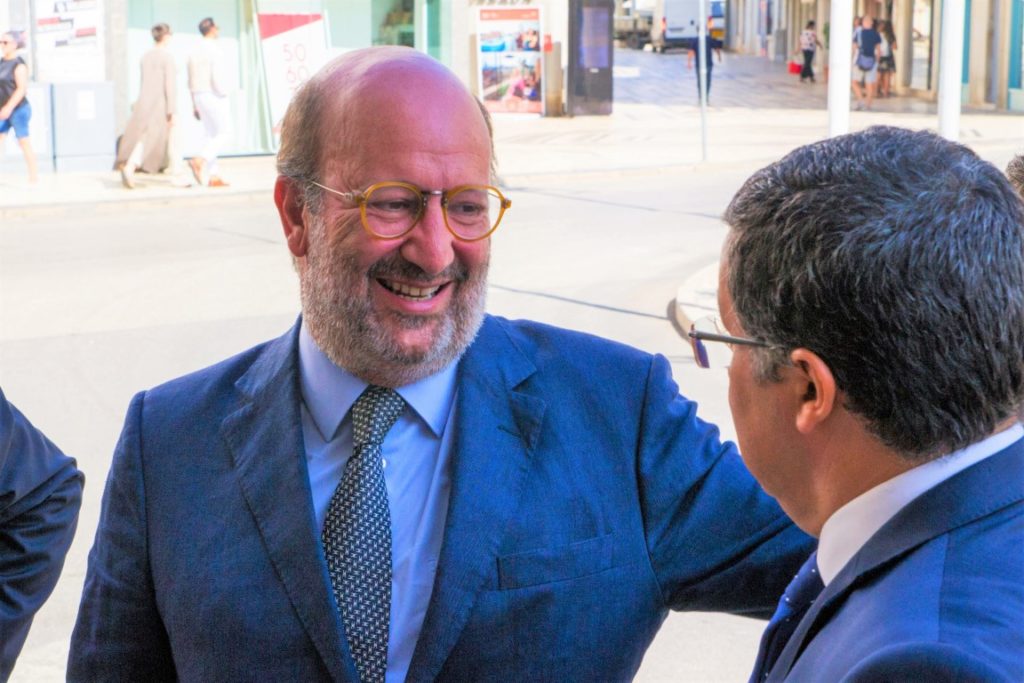
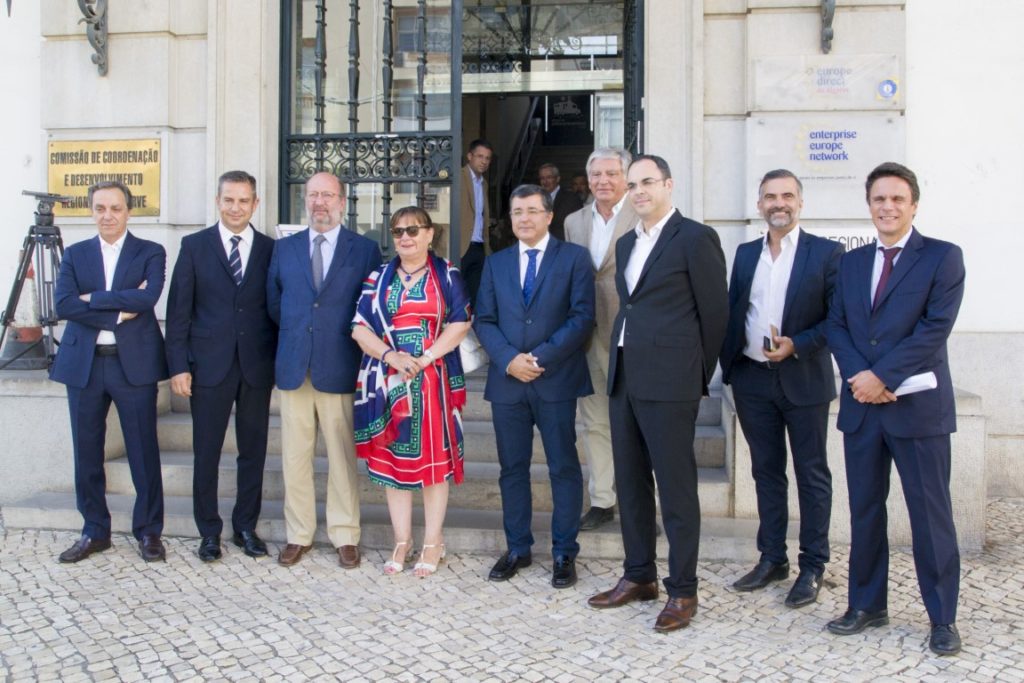
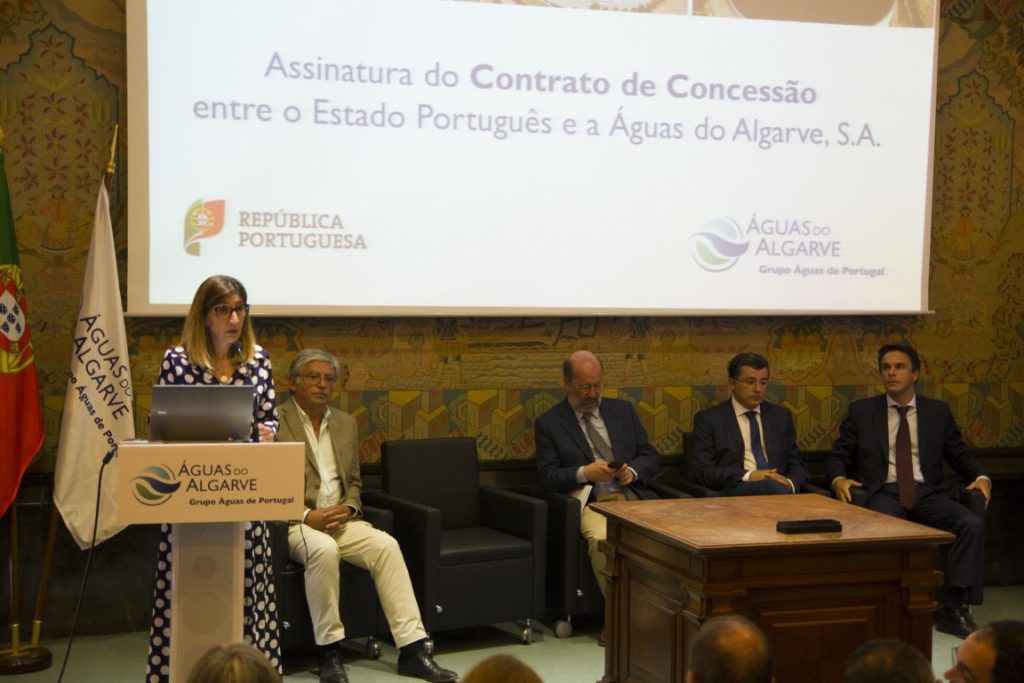
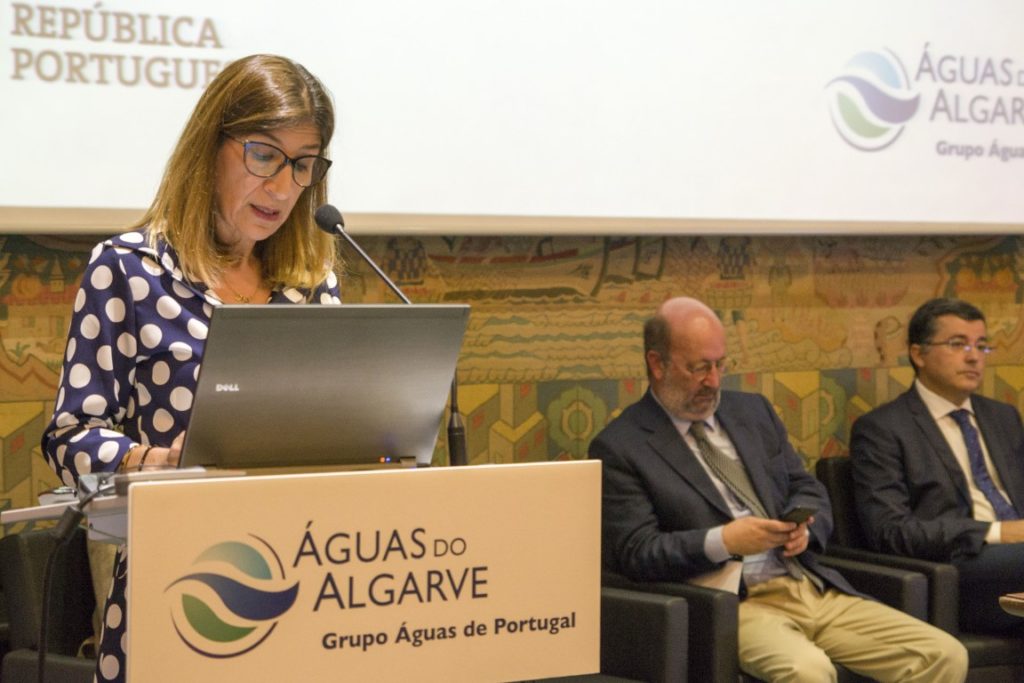
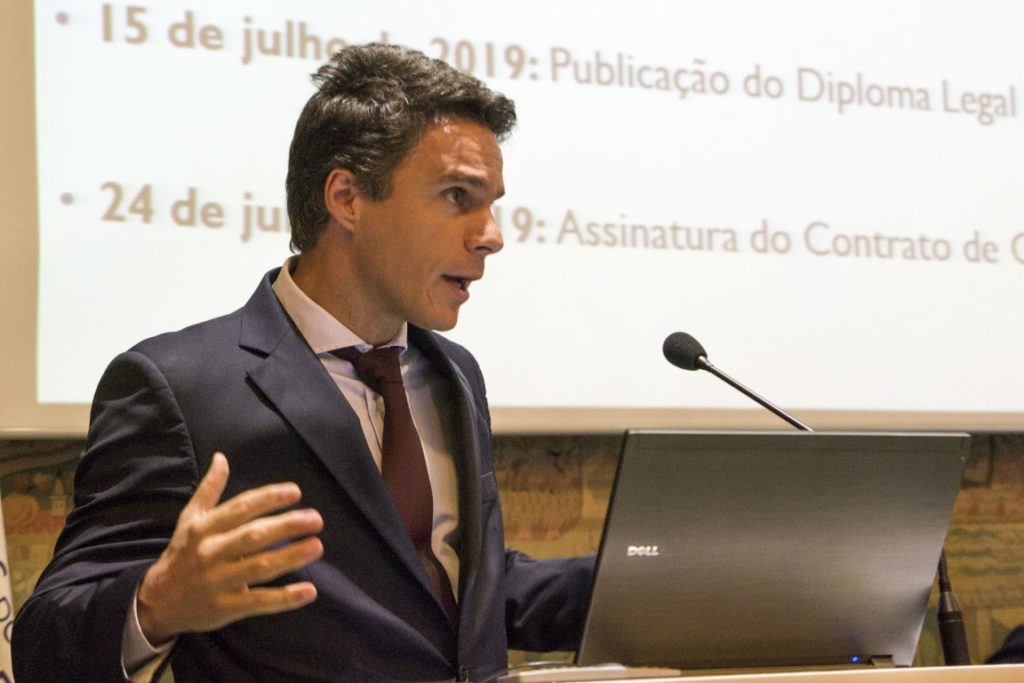
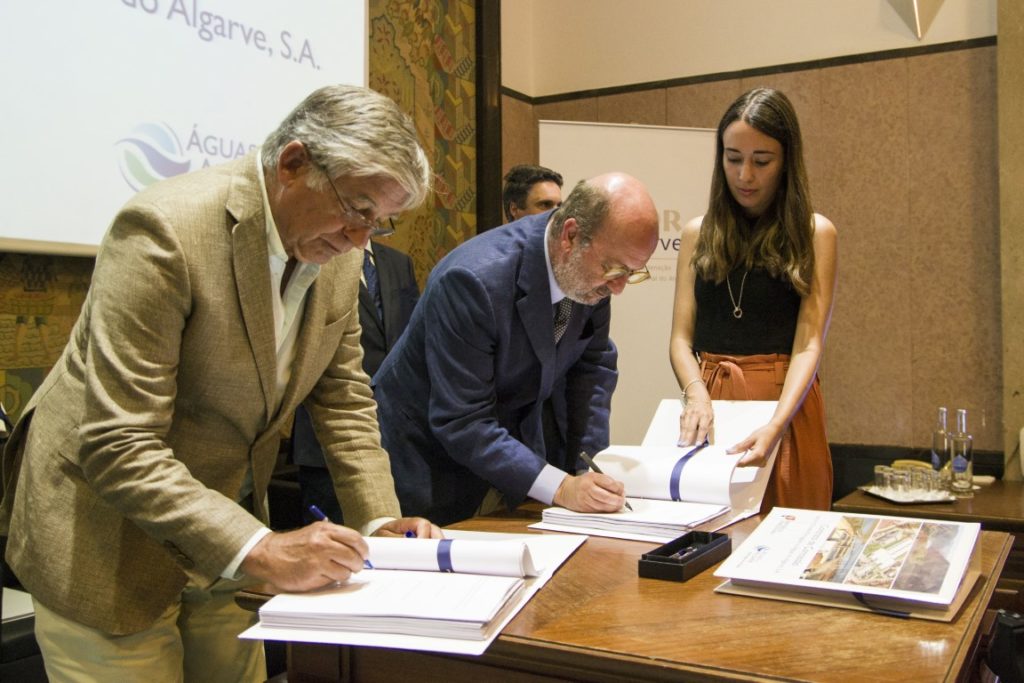
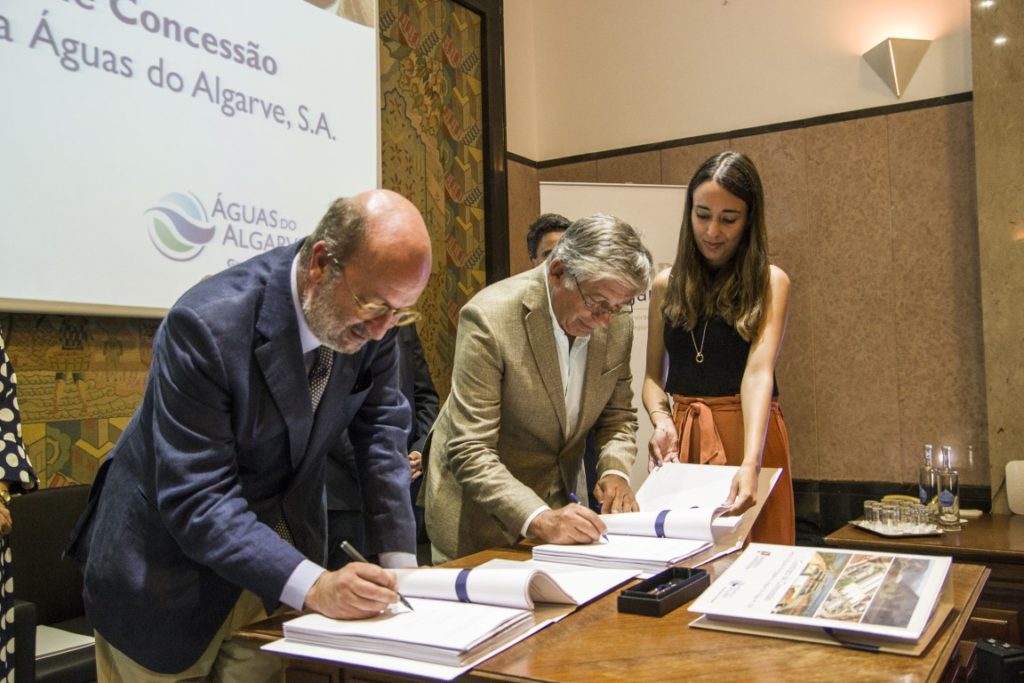
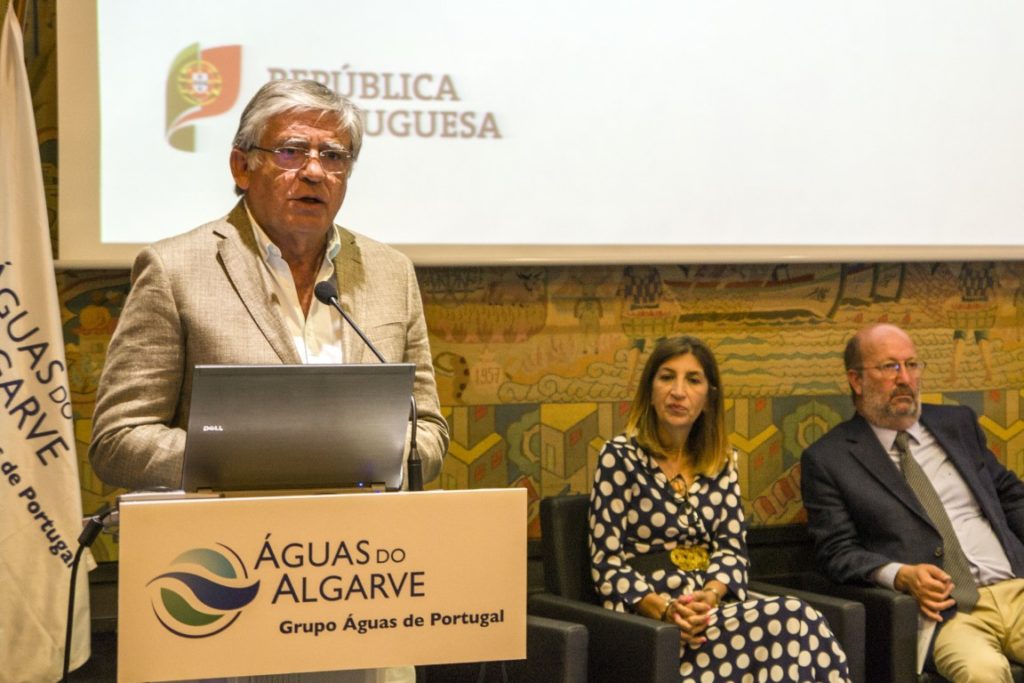
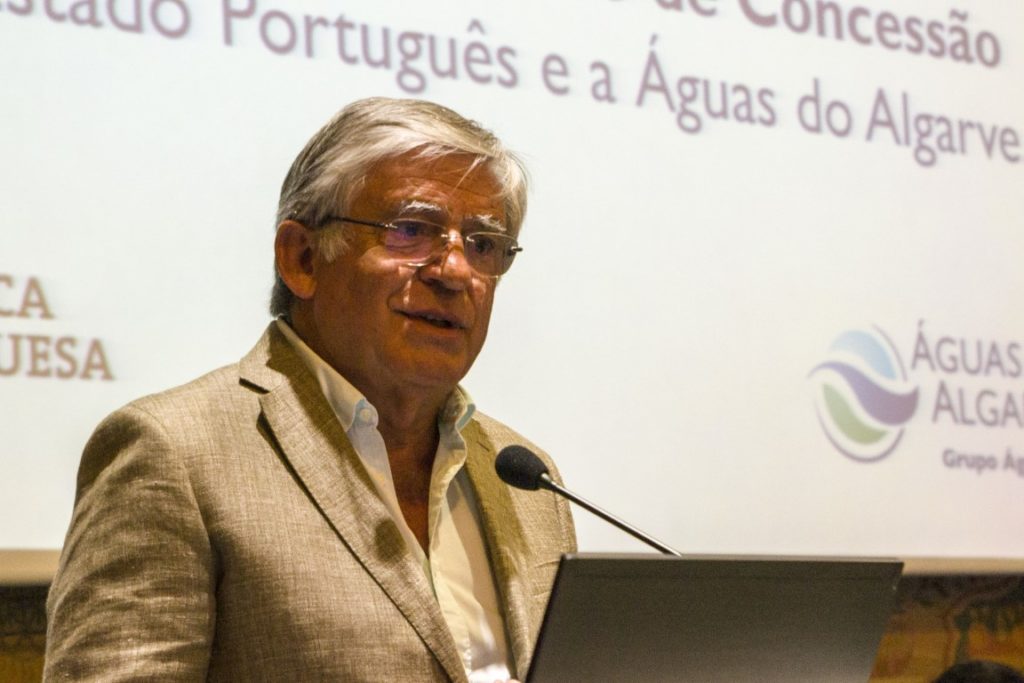
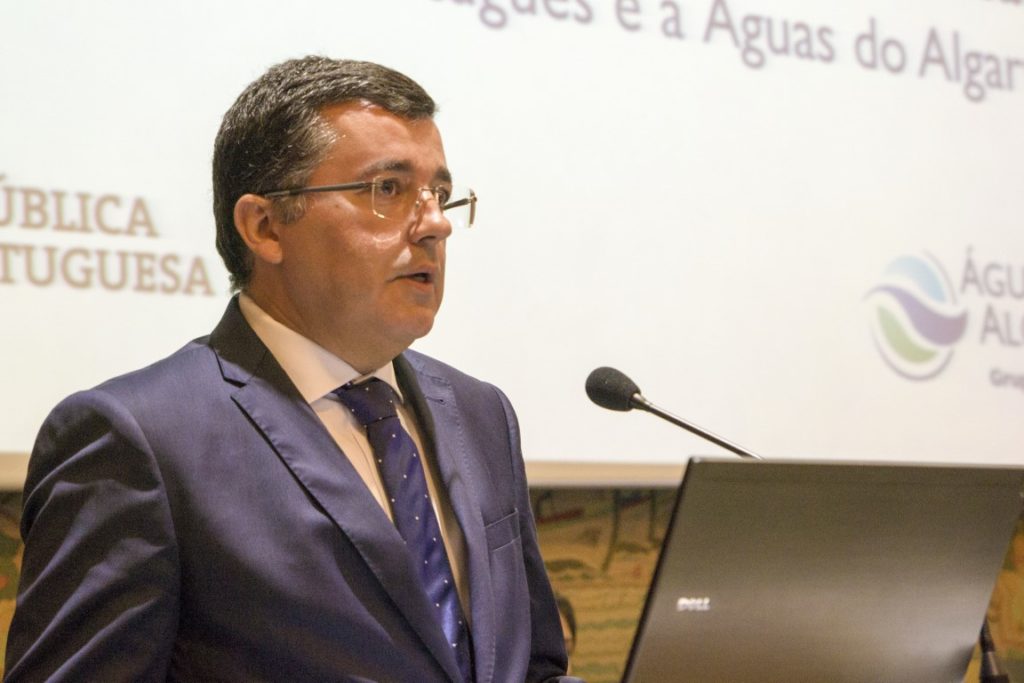
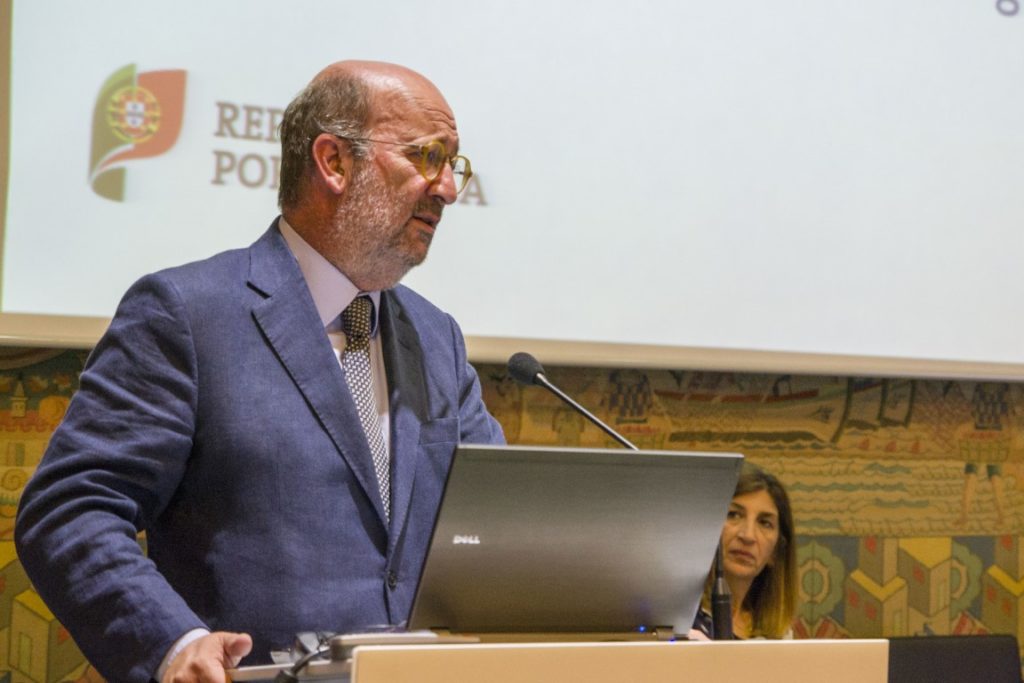
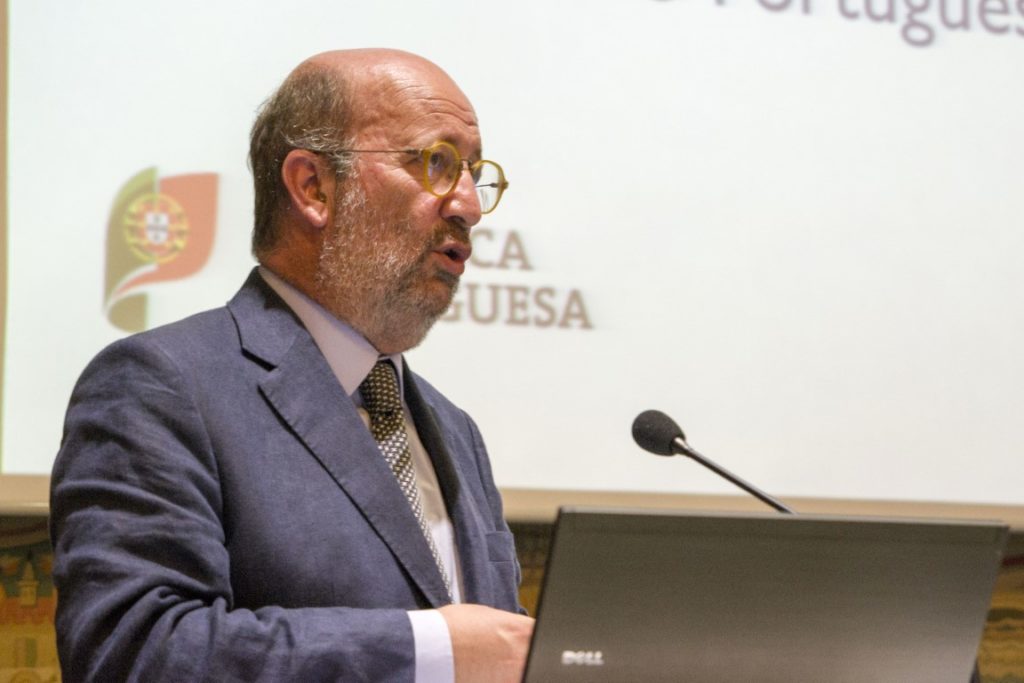
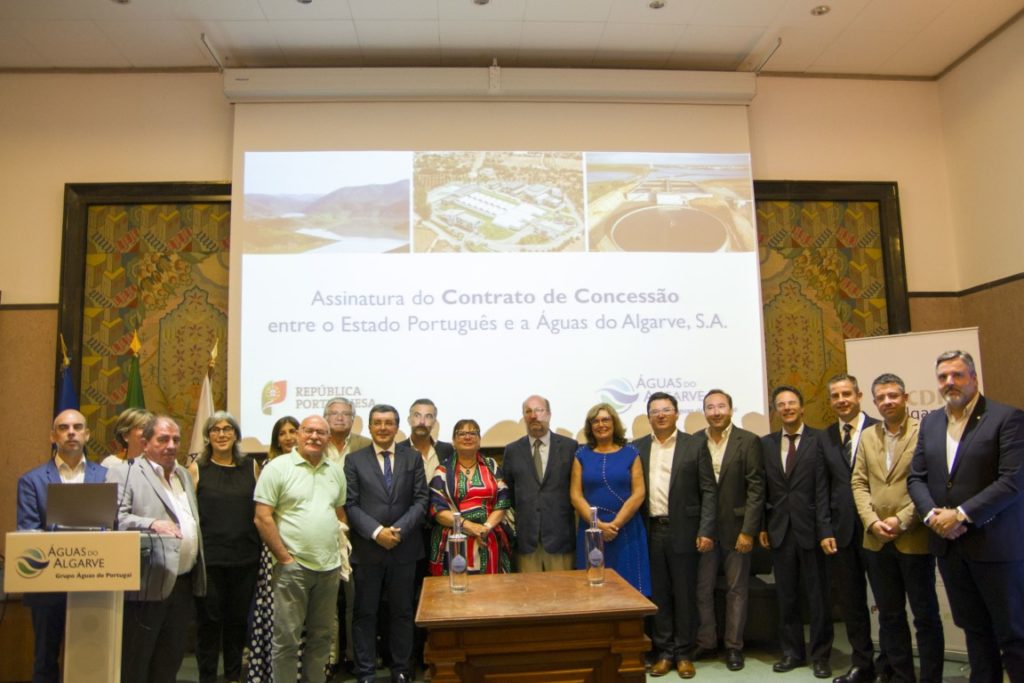
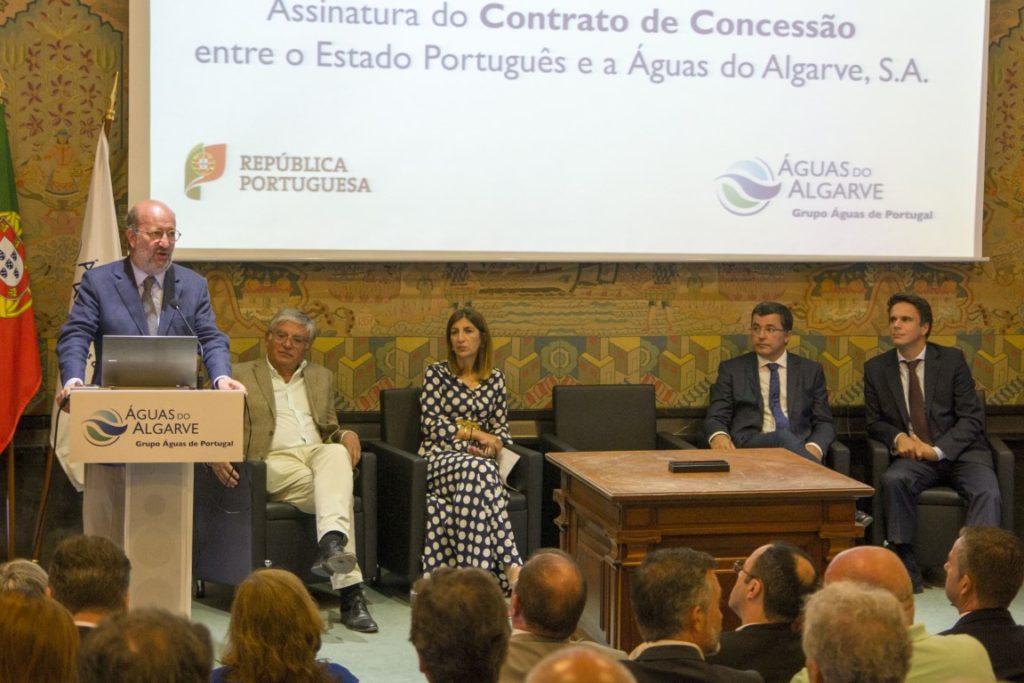


















Comments